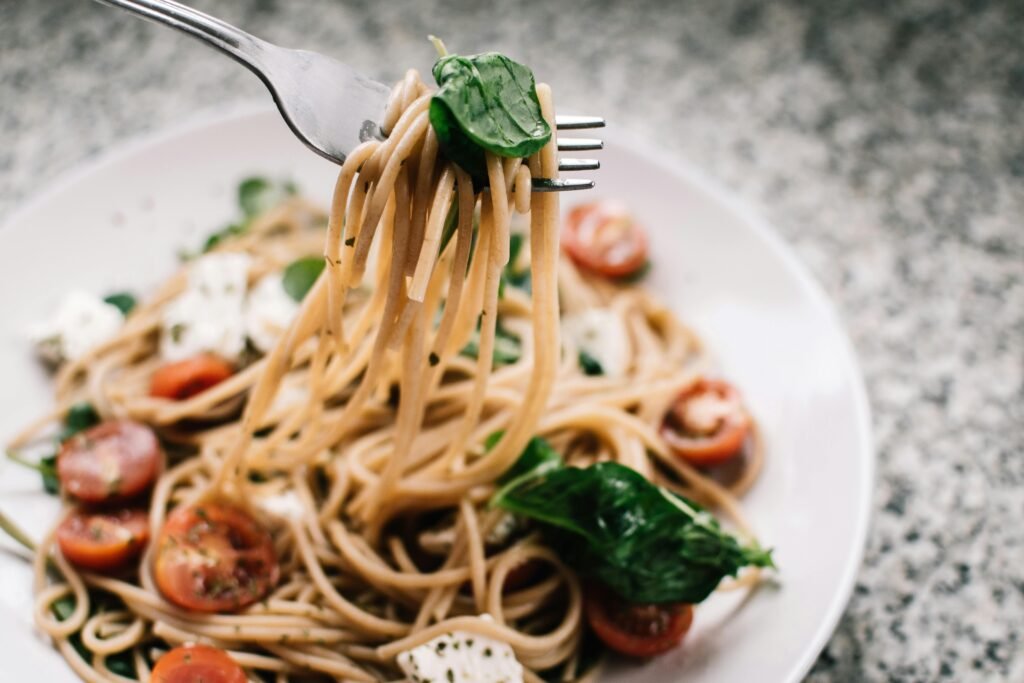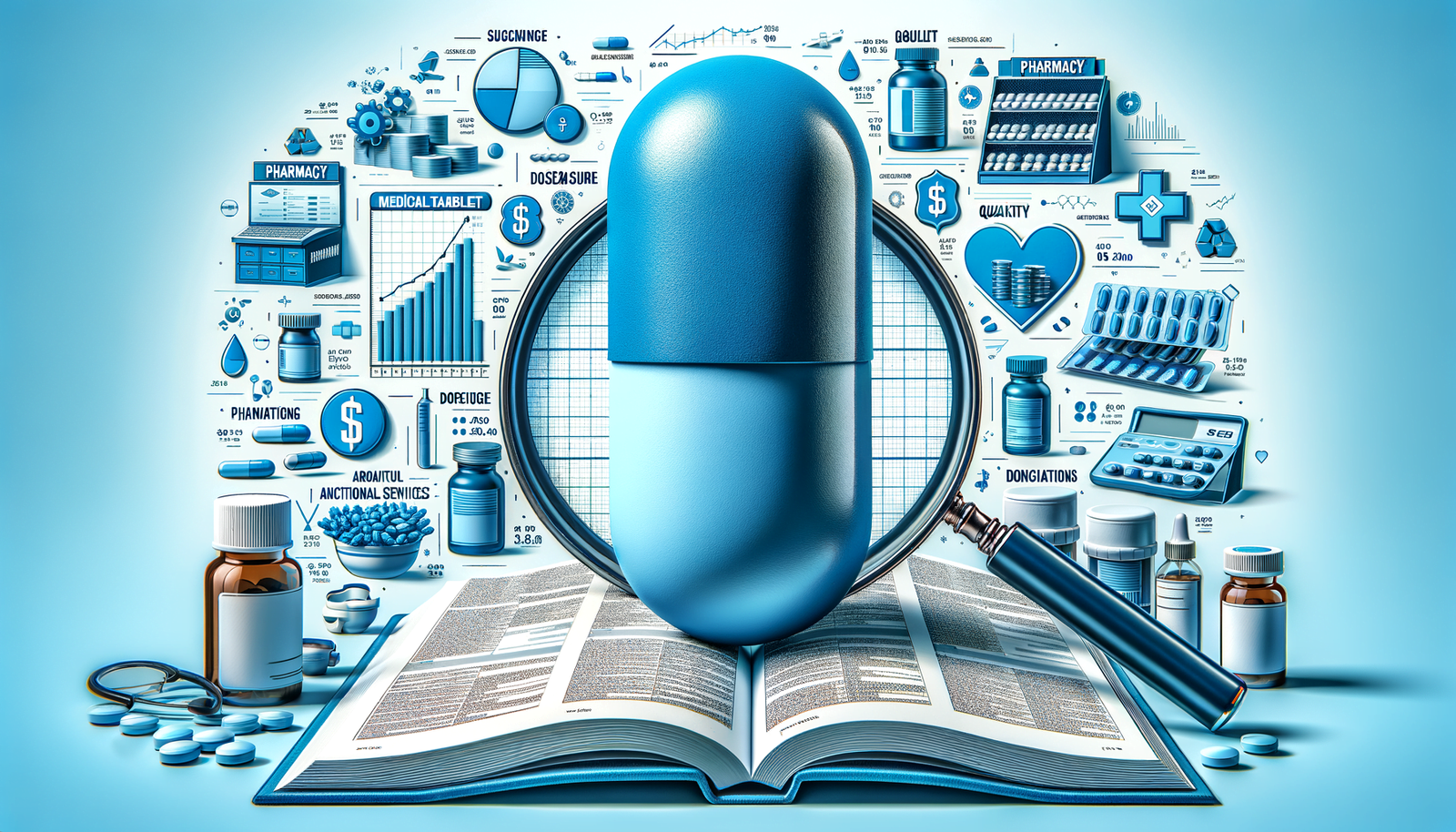
Why Most Men Overlook This Simple Youth Strategy
While men often seek out skincare routines, gym memberships, and supplements in their quest to look and feel younger, one of the most powerful tools for anti-aging is often right under their noses: their diet. A growing body of research highlights that what you eat directly influences not just your waistline but also your hormonal balance, energy levels, skin elasticity, and even mental sharpness.
The problem is, most men don’t realize how subtle but cumulative dietary mistakes can shave years off their vitality. Whether it’s relying on convenience foods, skipping essential fats, or ignoring key micronutrients, the damage adds up. The good news? Reversing course is entirely possible—starting with smarter choices on your plate.
The $47 Billion Anti-Aging Industry vs. Your Grocery Cart
Men in the U.S. alone spend over $47 billion annually on anti-aging products. Yet, much of this is spent on topical solutions or unregulated supplements that provide minimal long-term benefit. What’s missing is a foundational approach—using food as your first line of defense. The most effective anti-aging foods for men don’t come in flashy packaging. They’re found in the produce section, at the butcher counter, and in whole grains aisle.
Real results come from feeding your cells what they need to regenerate. That includes high-antioxidant vegetables, omega-3-rich fish, zinc-loaded meats, and hormone-supporting healthy fats.
Why 73% of Men Fail Traditional Diets Aimed at Vitality

According to a 2023 analysis of dietary adherence rates, 73% of men who begin a “healthy” eating plan for longevity abandon it within three months. Why? Because most plans ignore the realities of male metabolism, testosterone-driven nutrient demands, and lifestyle pressures. Diets built around low fat or calorie restriction often backfire, leading to muscle loss, fatigue, and hormonal imbalances.
A men’s health diet must prioritize protein, essential fatty acids, and key micronutrients like magnesium, zinc, and vitamin D—all of which play a role in maintaining testosterone and energy.
What Happens When Testosterone Drops with Age
By the age of 40, most men begin to experience a slow decline in testosterone—around 1% per year. This hormonal shift doesn’t just affect libido; it impacts mood, muscle retention, cognitive function, and fat storage. Certain foods have been shown to support healthy testosterone levels, such as egg yolks (rich in cholesterol needed for hormone synthesis), lean beef, oysters (a top zinc source), and cruciferous vegetables that reduce estrogen dominance.
Replacing sugary snacks with almonds or pumpkin seeds, and swapping out processed carbs for sweet potatoes, can subtly but significantly reinforce your hormonal resilience over time.
Breaking Down the Science: How Nutrients Interact with Aging
Longevity isn’t about a single “superfood”—it’s the synergy between nutrients that counts. Omega-3 fatty acids help reduce inflammation, which is a key driver of aging. Antioxidants like vitamin C and E protect skin and tissues from oxidative stress. Magnesium supports over 300 enzymatic reactions, including those that regulate sleep and stress response.
Foods high in flavonoids—like dark chocolate (minimum 70% cocoa), berries, and green tea—have been shown to improve vascular function, cognition, and insulin sensitivity. These aren’t just feel-good perks; they are biochemical reinforcements for staying youthful at the cellular level.
Meal Plans that Actually Work for the 40+ Male Body
Let’s break down a sample day designed for men seeking youthful energy and hormonal balance:
- Breakfast: 3 scrambled eggs with spinach and avocado, a handful of walnuts, and green tea.
- Lunch: Grilled salmon salad with kale, pumpkin seeds, olive oil dressing, and quinoa on the side.
- Snack: Greek yogurt with blueberries and a sprinkle of flaxseed.
- Dinner: Lean steak with roasted sweet potatoes and steamed broccoli.
- Evening: Herbal tea and a few squares of dark chocolate.
This isn’t just about food—it’s about crafting meals that trigger hormonal responses in your favor while keeping insulin and cortisol in check.
Common Mistakes That Age Men Faster
Even well-meaning dietary choices can sabotage vitality if done wrong. Here are traps to avoid:
- Too much soy: While soy can be healthy in moderation, overconsumption may mimic estrogen effects in the male body.
- Skipping breakfast: Leads to unstable blood sugar and reduced testosterone.
- Low-fat diets: Healthy fats are essential for hormone production and brain health.
- Over-reliance on protein shakes: Whole foods provide more satiety and nutrient density.
Case Study: Reversing Fatigue Through Food
Mark, a 52-year-old project manager, struggled with chronic fatigue and irritability. Despite a regular gym habit, his energy was tanking. Lab work showed low vitamin D and borderline testosterone. With a few simple changes—replacing breakfast cereal with eggs and vegetables, introducing fatty fish twice a week, and switching his evening pasta to grass-fed beef with greens—his energy rebounded within 6 weeks. His experience highlights how the right diet for men to maintain youthfulness isn’t complicated—it’s strategic.
What Matters Most
The pursuit of youth doesn’t have to rely on creams, pills, or miracle cures. For men, a consistent, nutrient-rich diet can do more to preserve vitality than most realize. Each meal is a chance to reinforce your cellular structure, balance your hormones, and sharpen your mind.
The ideal men’s health diet doesn’t eliminate pleasures—it enhances them by ensuring your body stays in its prime. Whether you’re 35 or 65, the science is clear: food isn’t just fuel—it’s your future.


